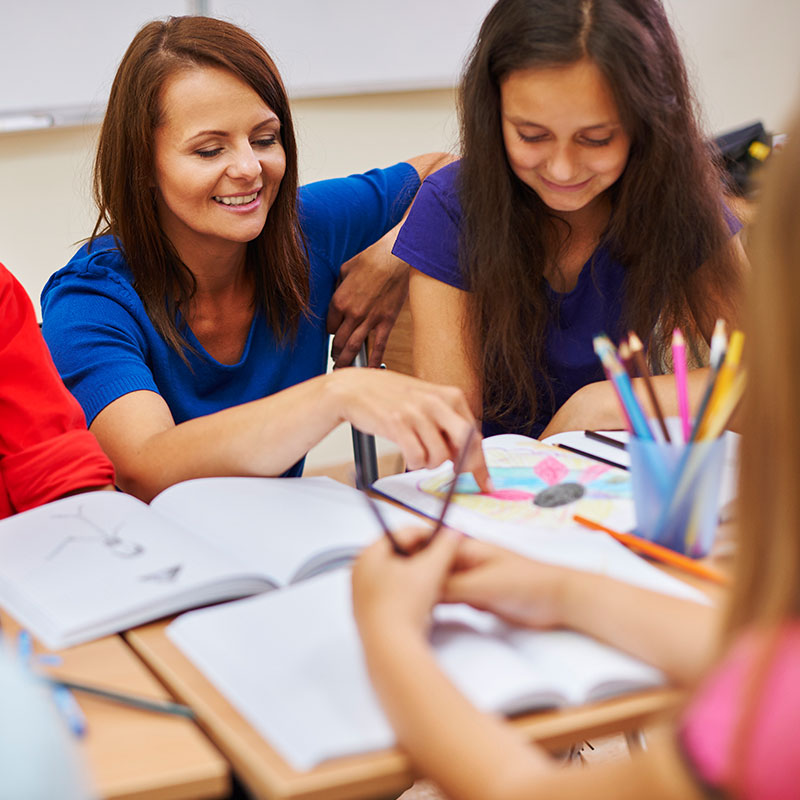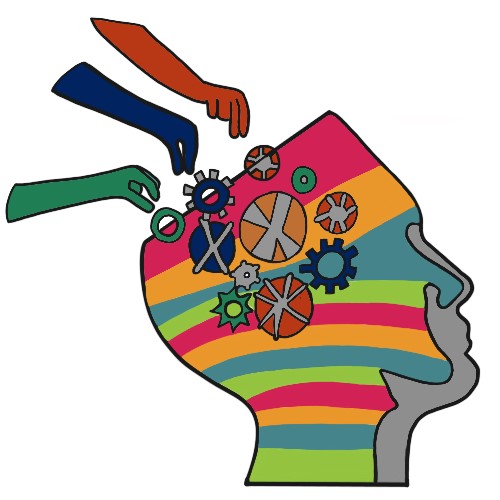HOLISTIC
The development of the whole child must be considered when providing a well-rounded education that will prepare pupils for their future. To support this, our curriculum provides a variety of academic, practical and creative subjects, helping pupils discover their strengths and supporting them to achieve their very best outcomes in all areas.
Personal and pastoral needs will be identified and where relevant the curriculum will be tailored to support and nurture growth in these areas. This could include targeted support for softer life skills such as developing social relationships or emotional awareness and regulation. A ‘stage not age’ approach will be implemented to ensure the child developmental needs in relation to all aspects of learning are considered and supported.
THEMATIC
From the Early Years Foundation Stage (EYFS) through to KS4, we recognise that thematic learning promotes the retention of information. It allows for connections to be made, helping to embed the acquisition of key knowledge, skills and understanding. This approach encourages pupils to develop positive learning habits – a basis for effective lifelong learning – where they are able to make links and identify patterns which are transferrable across all areas of the curriculum as well as everyday life.
This is an important component for all pupils but especially relevant for neurodivergent learners. This approach to planning and learning will be naturally embedded within the EYFS and primary phases of the school but will also be incorporated into the KS3 curriculum, leading to the development of subject pathways that will prepare KS4 pupils for their chosen post-16 destinations.
ENQUIRY-BASED
The continuous provision within the EYFS provides a breadth of learning opportunities and experiences that naturally encourage curiosity and exploration. The characteristics of effective teaching and learning stipulated in the EYFS framework (playing and exploring, active learning, creating and thinking critically), will be well embedded and begin the journey of developing lifelong learners, supporting the ethos throughout the academy.
At KS1, KS2 and KS3, the curriculum will build upon this approach via a thematic, cross and co-curricular model.
Aiming to nurture a love of learning, the curriculum will encourage curiosity by providing opportunities for enquiry-based working. Projects that allow for deeper learning alongside a bespoke approach will be adopted, whereby pupils will be supported to identify what they enjoy and how they learn best. The teaching of key thinking skills and the principles of a ‘growth mindset’ will be embedded to support confidence and motivation to learn.
The KS4 curriculum will build upon these principles within a more structured academic and vocational offer, with an increased focus on preparation for post-16.


